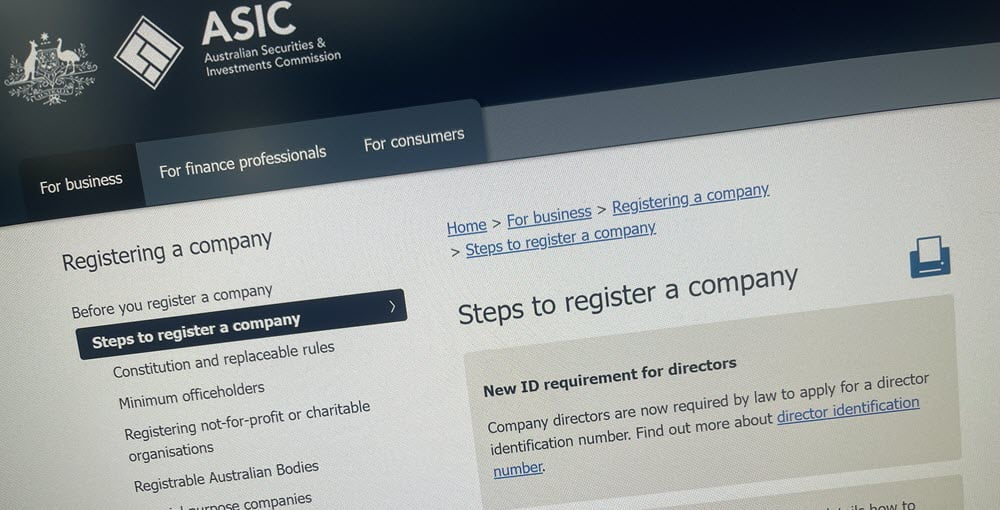What is the best ownership structure for your investment?
Owning an investment property requires choosing an appropriate ownership structure: personal name, company, trust, or self-managed super fund (SMSF).
Each option comes with its pros and cons.
Personal ownership is simple and provides tax benefits but lacks asset protection. Company ownership offers limited liability and a fixed tax rate but requires setup and ongoing costs. Trusts provide asset protection and tax planning opportunities but involve complex administration. SMSFs allow pooling assets and tax benefits but are subject to strict regulations and limited personal interest in the property.
It’s essential to consult professionals and understand the advantages and disadvantages of each structure to make an informed decision for your property investment.

Take the 7 day challenge
Stash partners with some of the leading property investment & development educators in Australia.
Become a member of Stash to learn the ropes on becoming a property investor or developer. Take the 7 day challenge and get free access to Stash to begin your path to financial freedom.
Personal Name
Choosing to own an investment property in your personal name is a straightforward and prevalent approach. When you hold the property as an individual, the income and capital gains generated by the property are subject to taxation based on your personal marginal tax rate.
This ownership structure is often the easiest to set up and manage, but it is crucial to understand its advantages and drawbacks to ensure it aligns with your investment goals.

Put down that latte and get into property investment.
Pros:
-
Simplicity: Owning a property in your name is straightforward, with minimal setup and ongoing administration.
-
Tax Benefits: You can claim tax deductions for property-related expenses, and access the 50% capital gains tax (CGT) discount if the property is held for more than 12 months.
-
Easy to Understand: Personal ownership is a familiar and easily understandable structure, with clear tax implications.
-
Low Costs: There are no legal or accounting fees associated with setting up and maintaining personal ownership.
-
Control: You have complete control over the property and investment decisions.
Cons:
-
Unlimited Liability: Your personal assets, including your family home, are at risk if you’re sued or incur debt related to the investment property.
-
No Tax Efficiency: The property’s income is taxed at your personal marginal tax rate, which may be higher than other structures like trusts or companies.
-
No Flexibility: You can’t distribute income or capital gains to other family members or entities, limiting tax planning opportunities.
-
No Asset Protection: Your personal assets are exposed to risks related to the investment property.
Joint Ownership
Purchasing property in a joint venture comes with both advantages and disadvantages. When you buy property jointly, you can pool resources with friends or associates to acquire investment property, which may lead to better borrowing power and shared financial responsibilities. However, it’s important to understand the pros and cons of this arrangement before making a decision.
It’s essential to establish a clear agreement outlining each party’s financial responsibilities, such as mortgage payments and ongoing costs, to avoid potential conflicts. Ensure all parties fully understand their rights and obligations before entering into a joint ownership arrangement.

Invest with a friend.
Pros:
- Shared Resources: Combining funds can lower barriers to entering the property market and make it easier to gather the required deposit.
- Higher Borrowing Power: Applying for a loan jointly can result in better borrowing capacity compared to individual applications.
- Shared Financial Responsibilities: When all parties agree on their financial obligations, ongoing costs can be divided evenly or according to a prearranged plan.
Cons:
- Potential Disagreements: Absence of a formal agreement regarding ongoing expenses can lead to disputes and conflicts between the parties involved.
- Unequal Contributions: If one party contributes more towards the deposit or ongoing expenses, resentment may arise if not appropriately addressed in the agreement.
- Difficulty in Exiting: Selling or transferring ownership can be more complicated in a joint venture, especially if one party wants to exit the investment while the other does not.
Company
A company is a separate legal entity that can own and manage assets, such as an investment property. Profits earned by the company are subject to the corporate tax rate, and any distributions to shareholders are typically in the form of dividends.

The pros & cons of setting up a company to invest in
Pros:
- Limited Liability: Shareholders’ personal assets are generally protected from the company’s liabilities.
- Fixed Tax Rate: Companies are taxed at a fixed corporate rate, which can be lower than personal marginal tax rates.
Cons:
- Setup and Ongoing Costs: Companies require registration and ongoing administration, which can be costly and time-consuming.
- No CGT Discount: Companies are not eligible for the 50% CGT discount available to individuals.
Trust
A trust is a legal arrangement where a person (the trustee) holds and manages property or assets on behalf of others (the beneficiaries). In the context of property investment, a trust can be set up to hold and manage the property for the benefit of the beneficiaries.

Is a trust the way to go?
Pros:
- Asset Protection: Trusts can provide a higher level of asset protection compared to personal ownership.
- Tax Planning Opportunities: The trustee can distribute income and capital gains among beneficiaries, potentially reducing the overall tax liability.
Cons:
- Setup and Ongoing Administration: Trusts require formal setup, and ongoing administration can be complex and costly.
- Trustee Liability: The trustee is legally responsible for the trust’s actions and may be personally liable for its debts and obligations.
Self-Managed Super Fund (SMSF)
An SMSF is a private superannuation fund that you manage yourself, subject to specific government regulations. Using a self-managed super fund (SMSF) to invest in property has grown in popularity in recent years. This approach allows you to pool your superannuation assets with others, potentially increasing your borrowing capacity. However, it’s essential to understand the pros and cons of this investment structure and comply with strict government guidelines.

Maybe setting up a Self-Managed Super Fund (SMSF) is for you
Pros:
- Pooling Assets: Combining superannuation assets with other parties can increase your borrowing capacity.
- Tax Benefits: Superannuation is taxed at 15%, reducing to 10% after holding the asset for 12 months, offering potential tax savings.
- Pre-tax Contributions: You can reduce your taxable income by making pre-tax contributions to your SMSF.
- Control Over Investments: SMSFs offer greater control over your superannuation investments.
Cons:
- Strict Guidelines: Purchasing property in an SMSF is subject to the ‘sole purpose’ test, ensuring the investment serves the best retirement interests of the parties involved.
- Limited Personal Interest: You cannot rent or sell the property to a relative, and you won’t benefit from negative gearing.
- Non-liquid Asset: Your superannuation will be tied up in a relatively illiquid asset.
- Complexity and Costs: Organizing the purchase through an SMSF can be complex and costly.
The structure of your property investment can vary based on your long-term plans for the property. While borrowing together might be easier and more affordable for married couples, there could be tax advantages in borrowing in one partner’s name. Conversely, a company or trust structure may be more suitable for those looking to limit liability and protect interests in other assets.
This matter is quite complex, so it’s crucial to consult with your accountant, mortgage broker, and solicitor. Understanding the pros and cons of each structure, as well as your borrowing capacity under each option, will enable you to make the most informed decision for your property investment.


